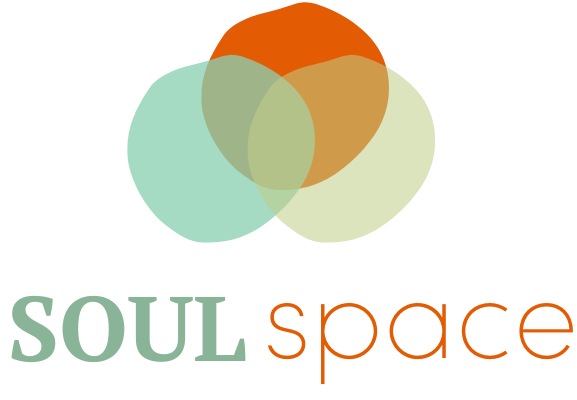Understanding Maladaptive Coping
What is maladaptive coping?
People often enter counseling with the goal of learning new and healthier coping skills. This typically means that they want to develop skills and strategies to help them better manage whatever difficulties they’re experiencing – daily stressors, negative thoughts, overwhelming emotions, traumatic memories, etc. We think of a coping skill as “whatever helps me get through this.”
A maladaptive coping strategy, then, is “something that helps me get through this” but in a maladaptive way – one that does not ultimately serve me. Instead of helping us evolve or adapt to handle our stressors, thoughts, emotions, or trauma while moving forward in life, it provides a sense of relief while keeping us stuck.
Why do we use maladaptive coping strategies?
The tricky thing about maladaptive coping strategies is that they “work” on some level. Excessive drinking or marijuana use, endless scrolling, binging and purging, each, in their own way, can have a numbing effect that provides a temporary relief from intense stress or overwhelming emotions. Compulsively overworking can stave off that fear that we’re not doing enough. Self-harm can distract from emotional pain, and codependency can give the illusion of control over others’ wellbeing.
Many people simply stumble upon these coping strategies. For example, someone may accept a coworker’s invitation for drinks after a stressful workday. The person finds that a few drinks allowed them to decompress from their stress and quell their ruminating thoughts. The next time the work stress piles up, they have an accessible coping strategy, albeit a maladaptive one. As work stress continues and tolerance for alcohol builds, alcohol abuse can eventually harm health, sleep, relationships, and even the job itself. Like this example, it’s common for patterns of maladaptive coping to develop over time, escalating in frequency and intensity as the underlying issues persist.
One step toward a healing path
When I work with people who use maladaptive coping strategies, I often hear some form of the following: “This is negatively affecting my [job, relationship, finances, health, etc.], but I feel like I can’t stop. What is wrong with me?” This question is unhelpful in at least two ways. First, it’s rhetorical; it’s not a question that is going to bring out any useful information. Second, it’s based in shame – in an underlying assumption that I’m somehow bad, flawed, or deficient. Shame is an often strong and painful emotion, which can lead to increased urges to engage in our maladaptive coping strategy to numb or avoid it. It can perpetuate the cycle of maladaptive coping.
Instead of getting stuck in this shame cycle, we can start to explore when the coping strategy started, how it escalated, and when urges are the strongest. We can explore times when we have been sober or abstinent from the behavior and the internal strengths, external supports, or alternative coping strategies that allowed us to accomplish this. The more we get curious, the more we learn about ourselves and the way this maladaptive coping strategy functions in our system.
As we learn what factors are at play, new paths forward emerge. These may include learning healthy coping strategies, healing underlying pain, creating new routines, setting boundaries to reduce stressors or triggers, and developing our ability to tolerate distress and uncomfortable emotions without numbing them. Until we start to get curious about what’s going on now, we’ll struggle to know how to move forward.
Seeking support
If you want support in understanding and healing from maladaptive coping, counseling is a great place to start. A counselor can help you explore the history of your maladaptive coping, identify your paths forward, and support you along the way. Reach out for a free 15-minute consultation today. We’d love to work with you!
Written By Lydia Suitt, LAC, EMDR Therapist
Read Lydia’s bio HERE


